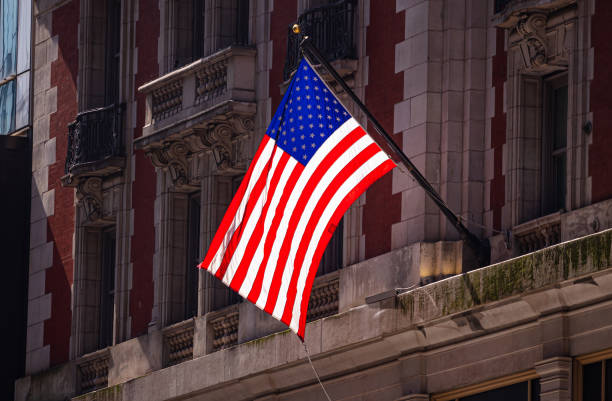US appeals court again rejects blanket gun ban for non-violent felons

By Brendan Pierson
Dec 24 (Reuters) - A Pennsylvania man convicted of food stamp fraud cannot be barred under federal law from possessing a gun, a U.S. appeals court held for a second time, declining to change its conclusion in light of a major U.S. Supreme Court ruling that clarified the standard for when a firearms regulation can pass constitutional muster.
Monday's 13-2 decision from the 3rd U.S. Circuit Court of Appeals came after the U.S. Supreme Court, at the request of the U.S. Department of Justice, directed the Philadelphia-based court to reconsider its earlier ruling in favor of Byran Range.
The Supreme Court did so in light of a June ruling which held that a federal law barring gun ownership for people under domestic violence restraining orders did not violate the right to keep and bear arms under the U.S. Constitution's Second Amendment.
That decision, in United States v. Rahimi, clarified a landmark Supreme Court ruling by a 6-3 conservative majority in 2022's New York State Rifle & Pistol Association v. Bruen which established a new test for assessing the constitutionality of firearms laws.
Under Bruen, gun restrictions needed to be "consistent with this nation's historical tradition of firearm regulation." Rahimi clarified that modern gun restrictions do not require a "historical twin" in order to be lawful.
But U.S. Circuit Judge Thomas Hardiman, writing for the majority in Monday's ruling, said Rahimi did not open the door to banning gun ownership for non-violent felons like Range, who pleaded guilty in 1995 to committing welfare fraud to obtain $2,458 in food stamps, and had completed a sentence of probation.
"We are pleased that the en banc 3rd Circuit has once again held that it is unconstitutional to disarm Bryan Range on the basis of a decades-old, non-violent offense," Pete Patterson, Range's lawyer at Cooper & Kirk, said in a statement.
The U.S. Department of Justice did not respond to a request for comment.
Federal law generally bars people convicted of crimes punishable by more than a year in prison from possessing guns. Such crimes are usually felonies, but the law also includes some state misdemeanors, like Range's.
In 2020, Range filed a lawsuit seeking a court order allowing him to acquire a gun. A federal judge ruled against him in 2021 before the Bruen decision, and a three-judge 3rd Circuit panel upheld that ruling in November 2022 after it was issued.
The full 3rd Circuit agreed to rehear the case, and reversed that ruling on an 11-4 vote in 2023, saying that there was no historical tradition at the time of the nation's founding of disarming non-violent felons.
The Biden administration last year asked the Supreme Court to overturn that ruling in light of its Rahimi decision, but the Supreme Court instead sent the issue back to the 3rd Circuit.
On Monday, Hardiman, who was appointed by Republican former President George W. Bush, said that Rahimi meant only that the government could disarm "physically dangerous people," which did not include Range.
Two judges who dissented in the initial 2023 ruling, U.S. Circuit Judges Cheryl Ann Krause and Jane Roth, switched to side with Range in Monday's ruling.
In concurring opinions, both disagreed with the majority that the government could never disarm non-violent felons, but said that such people must have a chance to petition to have their rights restored if they can show they are no longer dangerous.
U.S. Circuit Judges Patty Shwartz and L. Felipe Restrepo dissented. Shwartz wrote that there was a historical tradition of disarming categories of people, including Black people and Catholics, because they were thought to be disloyal. While such laws were "repugnant," they supported the ability of the government to disarm felons as a category, she wrote.
Shwartz and Restrepo were both appointed by Democratic presidents. The majority included both Republican and Democratic appointees.
The case is Range v. Attorney General of the United States, 3rd U.S. Circuit Court of Appeals, No. 21-2835.
For Range: Pete Patterson of Cooper & Kirk
For the government: Kevin Soter of the U.S. Department of Justice
Read more:
With one major gun case looming, US Supreme Court sidesteps others
Biden administration asks U.S. Supreme Court to uphold ban on felons owning guns
US Supreme Court upholds federal domestic-violence gun ban
US cannot ban people convicted of non-violent crimes from owning guns-appeals court
3rd Circuit, weighing gun ban for people convicted of crimes, looks to history
U.S. Supreme Court expands gun rights, strikes down New York law
(Reporting By Brendan Pierson in New York;
Editing by Nate Raymond)







